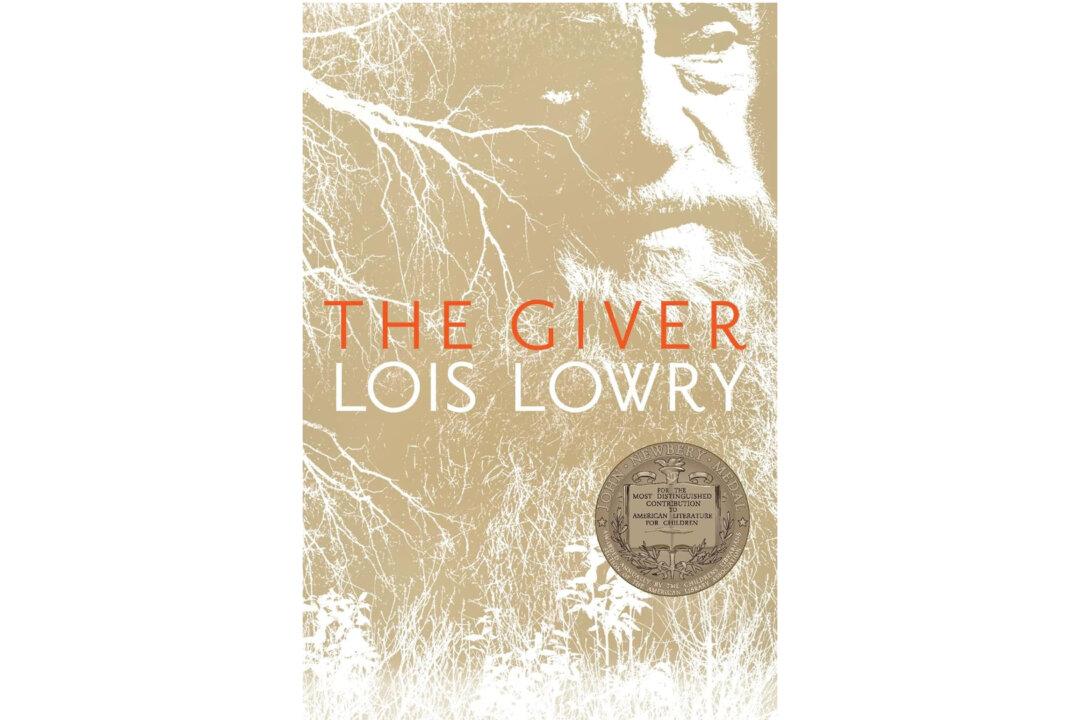America, the land of opportunity. Many Americans wake up and go about their day, never thinking for a second that their nation is a life’s dream for someone on the other side of the world. Nava Writz Bogaard is one such woman. Her dream? Emigrate to the United States and leave boring, lackluster Tel Aviv behind.
“It All Began With Caroline: Based On a True Story,” by Nava Writz Bogaard, tells the fast-paced life story of its infant-bedding designer and world-traveling author. Bogaard’s memoir is chock-full of excitement, drama, and scrappy business acumen, but it suffers from a lack of purpose.



